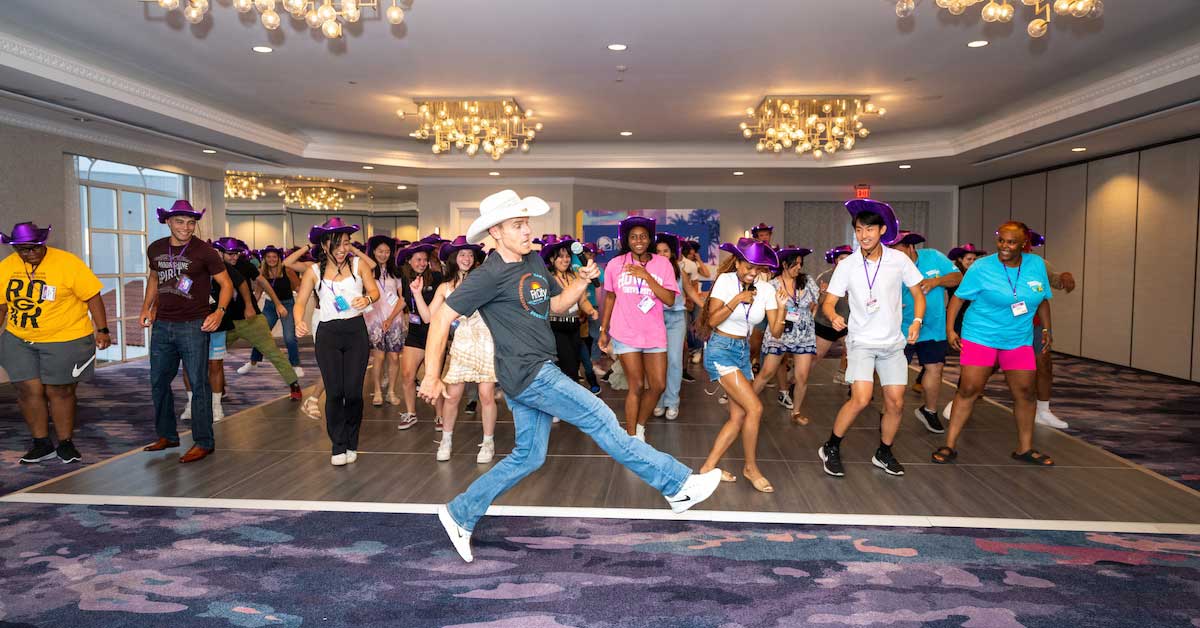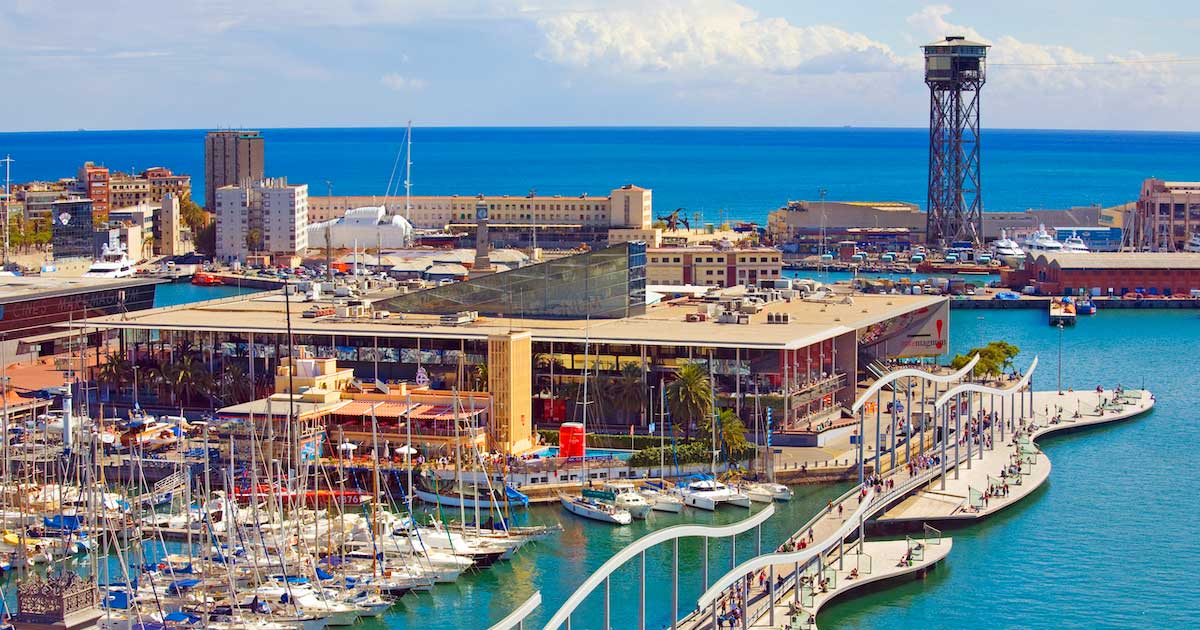Q: What do meeting planners often overlook when assessing risk management?
Risk management needs to include risk mitigation. So, not only must an event planner think of the potential exposures (risk management) at their event, but they also need to think of ways to mitigate those identified risks. For example, if there is a concern that severe weather could impact the show site, where is safe shelter for the patrons/spectators if the weather hits at the most inopportune time? Having a place picked out for the spectators to go and a plan for how the crowd will flow (routes marked and clear signage indicating where safe shelter is, as two examples) are risk mitigation tactics. To carry this crowd control thought process further, recognizing how long it might take to completely evacuate the venue gives the meeting planner advanced knowledge of how quickly an announcement to seek shelter must be made before the inclement weather affects the show site.
For the event planner to simply state to themselves, “If bad weather arrives I will stop the show and have everyone fend for themselves,” may not be the best strategy, especially when considering one’s “duty of care.” (Definition of duty of care from the People’s Law Dictionary by Gerald and Kathleen Hill: A requirement that a person act toward others and the public with the watchfulness, attention, caution and prudence that a reasonable person in the circumstances would use. If a person's actions do not meet this standard of care, then the acts are considered negligent, and any damages resulting may be claimed in a lawsuit for negligence.)
Related Certificate Programs & Education:
Emergency Preparedness for Meetings & Events
Event Crisis Communications
The Essential Guide to Safety and Security
Q: How has the event risk management process evolved over the past 10 years?
The vendors being hired to work shows are, more often than not, now required to maintain their own insurance as opposed to “being covered” by another’s policy. Insurance companies take a more active role in understanding their insured’s hiring of the right vendors by insisting that those vendors name the meeting planner as Additional Insured to the vendor’s policy much the same way the vendor requires the meeting planner to name them on the meeting planner’s policy. If they find this procedure not being followed we have seen carrier’s non-renew those insureds. Outdoor events have more tools available to them, such as weather monitoring services that pinpoint forecasts at the show site to allow the meeting planners and vendors to safely manage the site when known bad weather is coming in.
Insurance companies are seeking input from event planners, producers, promoters and event service firms as to their “high wind action plans,” “severe weather action plans” and other things like seeking to know who has “show-stop authority” in case a decision needs to be made in favor of life safety. Questions like these were not asked as frequently in the past as they are today.
Q: How do people from various generations handle risk management differently?
Older generations hire experience. Younger generations hire more cheaply and, unwittingly, accept more risk. For instance, the younger generations might accept the lack of insurance held by a vendor as OK because they understand the plight of someone “just getting started.” Older generations recognize that a catastrophe at their event could spell the end of their company if not properly mitigated or managed. Older generations can tangibly define their risk tolerance.
Q: With weather changes becoming more the norm, how can one maintain consistency in planning ahead for potential severe weather?
The best way to maintain consistency in planning ahead is to hire a weather monitoring service that is specific to you and your event. These weather monitoring services provide trained meteorologists to track the severe weather that may impact the show site during setup, the show itself and take down. These services are inexpensive on a relative scale and can provide advance warning services that your cell phone could never provide.
Q: How does one/should one prepare in advance for an active shooter scenario at an event?
People are thinking about the possibility of a shooter at an event more often than they have in the past. The best way to prepare is to draft an active shooter protocol. To draft a most effective protocol, it might be best to seek advice from local authorities. Then, practice your protocol with your staff. If working in a venue, it is also best to know the venue’s Active Shooter Protocol, and likely marry your protocol with theirs.
Q: For those who are uninitiated, how does one start the event liability insurance process and what are some important variables about an event to keep in mind?
The first thing and the best thing is to become acquainted with a commercial insurance agent who understands special events and how to procure insurance for them. Actually, most commercial insurance agents will know how to handle this task. You can assess their knowledge in this space through the questions they ask you about your event. You can also ask them how many insurance companies they represent who will offer special event coverage. You will know you have found someone knowledgeable when they ask the right questions and maintain the right supplemental applications that walk you through the critical questions an insurance company needs to know in order to quote such a policy.
Take1 Insurance sponsors the MPI Safety & Security Community. Why is that important to you, and what can meeting professionals gain from involvement in the community?
Live events is what we do. Almost 90 percent of our customer base is involved in the live event space in some shape or form. The safety and security of every patron, worker, spectator, employee, owner, etc. at a live event is a top priority for us. We pride ourselves on bringing awareness to this topic through white papers we develop and our involvement in groups such as the Event Safety Alliance (eventsafetyalliance.org) who strive to bring live event safety to every single live event that goes on in the U.S. There is nothing more important to us than the planning involved to host a safe live event.
Take1 Insurance sponsors the MPI Safety & Security Community and developed the white papers Risky Business and Rethinking Risk for Live Events. Download these white papers and learn more about the specific education, articles and resources designed to help you increase the safety and security of your events through this community at mpi.org/communities.
.jpg?sfvrsn=6029ceaa_0)

.jpg?sfvrsn=96553155_1)




